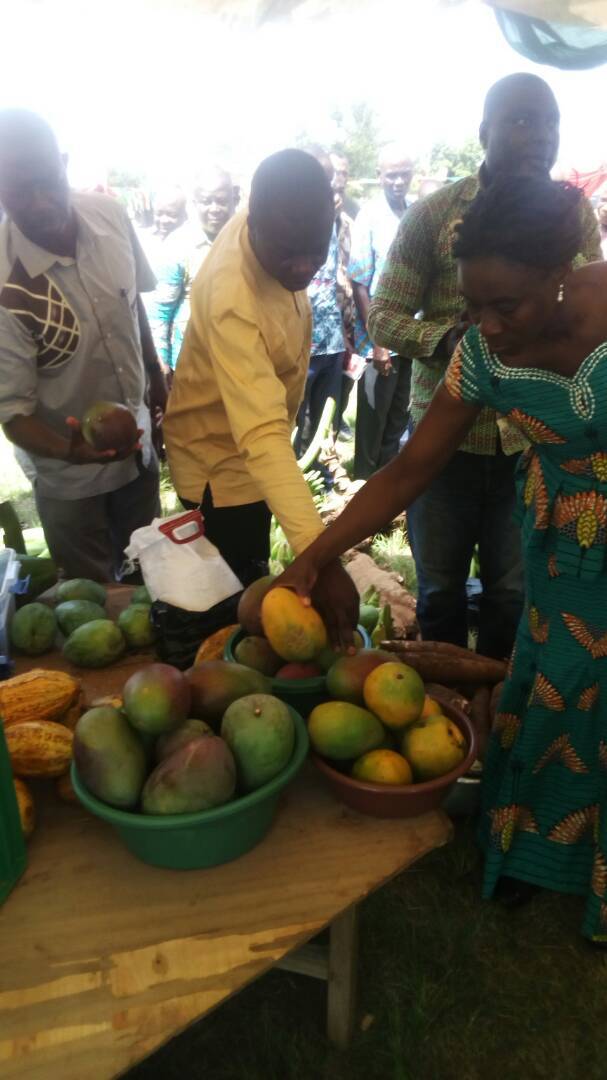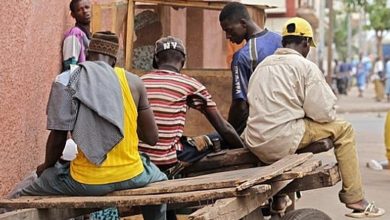Mango and Honey Factories for Lower Manya

Municipal Chief Executive (MCE) for the Lower Manya Krobo Municipality in the Eastern region, Hon. Simon Kweku Tetteh has identified Honey and Mango factories as potential factories that could be established under the district’s ‘one district, one factory policy’ implementation.
“Under the ‘one district, one factory policy implementation, the Lower Manya Municipality has been earmarked for the establishment of mango and honey factories as its share of the programme,” the DCE assured.
Honourable Tetteh added that the assembly has already received an approval for the establishment of the two factories which he described as good news.
“The Lower Manya Municipal Assembly has received approval for the creation of the two factories which is good news for more people to go into mango farming and bee keeping because our district is renowned for its mango production and bee keeping,” honourable Simon Tetteh said.
Speaking at the 33rd Municipal Farmers’ Day celebration at the Oborpah West School Park during the 33rd Farmers’ Day celebrations, the MCE said that this year’s edition of the Farmers’ Day which was observed on the theme, ‘Farming For Food and Jobs’ was to portray the importance of the agricultural sector as the economic backbone of the country, and a clarion call on investors to invest in the sector.
According to him, it also connotes how the agricultural sector is strategically significant to the future success of the Ghanaian economy.
The assembly chief therefore urged all and sundry to help reverse the negative economic trend by being part of the agricultural production chain because there is so much for everyone to do to create wealth when it comes to agriculture as challenged by the theme.
The Lower Manya Municipality which is a beneficiary of the planting for food and jobs programme has so far received 4,879 bags of NPK, 2420 bags of Urea, 102 bags of seed maize and 247 bags of seed rice.
Also, 518 farmers made up of eighty (80) females and four hundred and thirty eight (438) males have benefitted under the programme and enjoying quantities of the inputs at very subsidized cost.
The planting for food and jobs programme is expected to increase the production of maize by 30 per cent; rice by 49 per cent, soya beans by 25 per cent; and sorghum by 28 per cent from current production levels and create 750,000 jobs in both direct and indirect employment.
Source; Prince Paul Amuzu/ritefmonline.org/princeamuzu667@gmail.com



